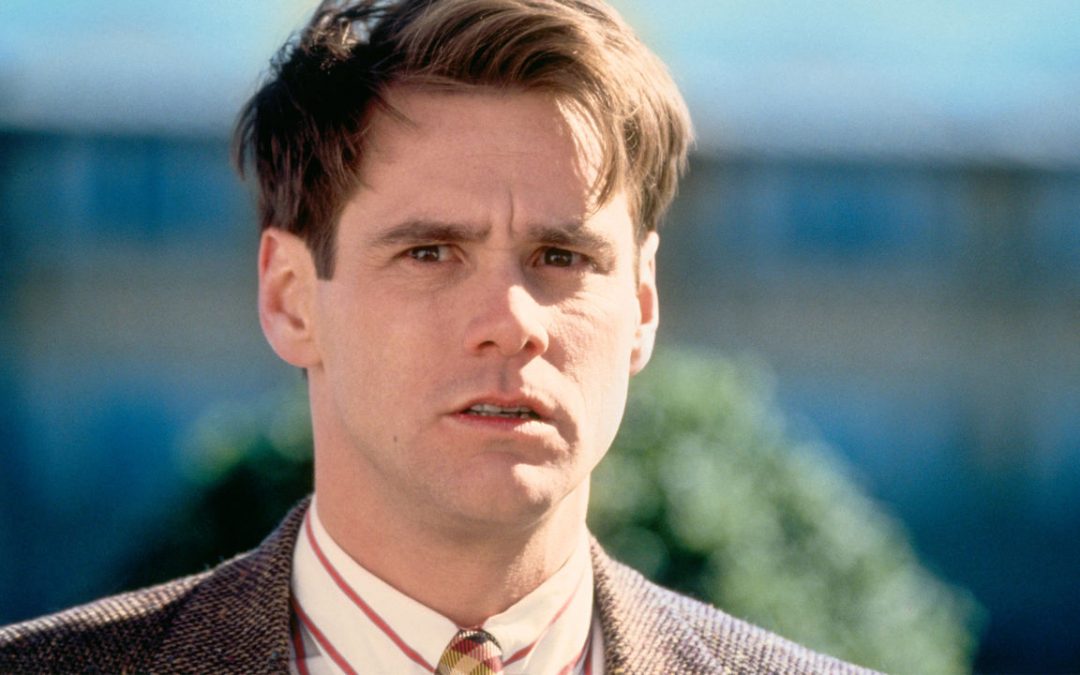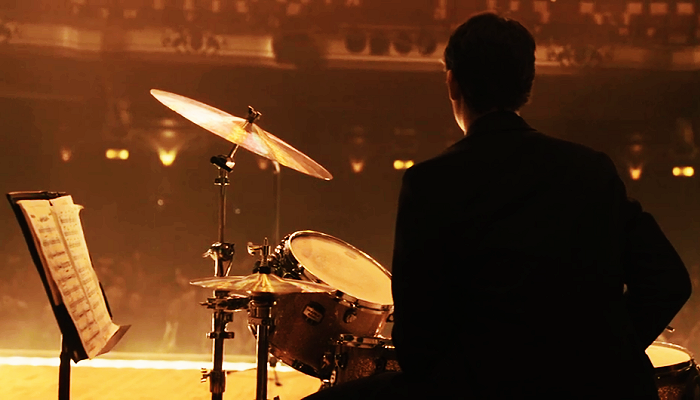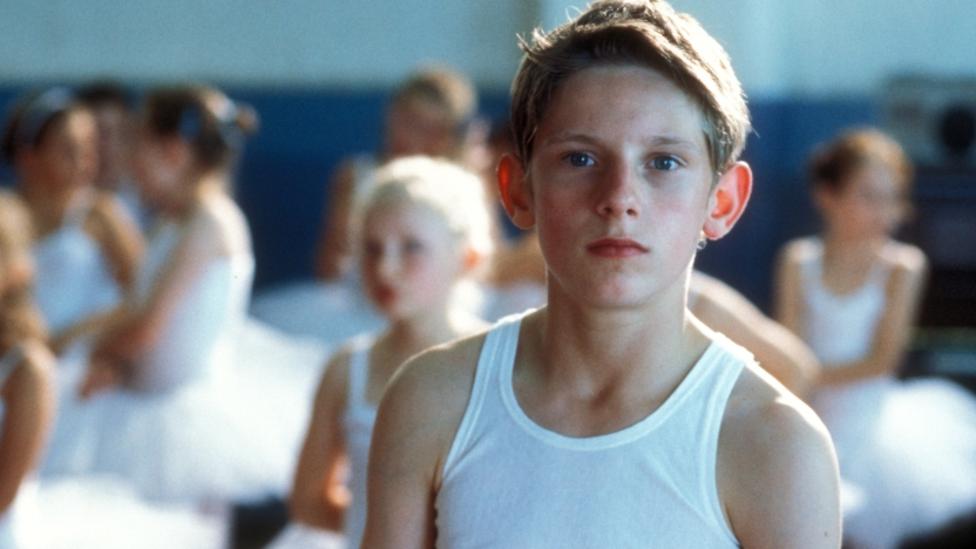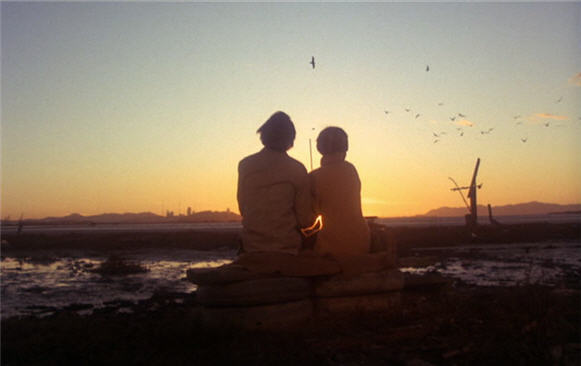
When you consider the aesthetic pleasure of gazing upon masterfully shot and edited scenes that draw the strength from unique elements of cinema, along with the inescapable sympathy that great screenplays and atmospheres combine, the impact might be enormous at the end of the film.
Whether it’s catharses, events, or situations that infiltrate our lives, as well as atmospheres that are strong enough to exceed the limits of the screen, there are so many great elements of cinema that are uplifting, promising, and which allow us to look at our lives more carefully.
Here are the 10 most uplifting movie endings of all time.
10. Whiplash (2014)

Damien Chazelle offers a ride that reinforces its purpose by approaching his role as a musician. He manages to control a script that could have turned into a cliche, with clever moves from great acting performances.
Having played the drums from an early age, Andrew wants to become a true master of his work. He enters the Shaffer Conservatory, which he considers to be the best music school in the country. He trains hard and eventually draws the attention of one of the school’s toughest teachers, jazz veteran Terence Fletcher.
Fletcher, who is notorious for his brutality as much as his success, wants to push Andrew’s capacity to the end. In front of the young drummer, there is not only a professional test but also a psychological test.
In the finale, we see the band play “Whiplash,” a piece Andrew has struggled with throughout the movie. And his incredible, fiery, and unplanned drum solo leaves Fletcher, the band, and the audience stunned.
Chazelle does not completely bless the success stories and the path to them, nor does he deny the attractiveness of the situation. In all of this, he conveys the struggle for success and perfection with all its nakedness.
9. Sideways (2004)

Adapted from Rex Pickett’s novel of the same name, “Sideways” is a warm comedy-drama road film directed and co-written by Alexander Payne.
Miles, who became depressed after his separation from his wife, is also an artist who suffers artistic blockages. Miles has a vacation planned with his close friend Jack, who will marry a few days later, to distract him before the wedding. But nothing will go along with Miles during this journey, as they walk through California’s roads and vineyards.
The film’s simple and great finale shows that sometimes we can find the secrets we have kept even from ourselves on the road, and despite all of the despair that sometimes surrounds us, we can easily discover our own reality.
After the journey, Miles finds out that his ex-wife is pregnant from her new husband. He becomes devastated. Time passes, and Miles returns to his routine life, and one day he receives a voicemail from Maya, who says she enjoyed his manuscript and invites him to visit. Miles drives back to wine country and knocks on Maya’s door for a new beginning.
8. Billy Elliot (2000)

“Billy Elliot” is a harsh film that demonstrates the social and economic situation of the working class that struggles with forced conditions. It also touches on issues such as homophobia and social environmental pressure against homosexual individuals.
In England 1984, the period in which miners strike against the conditions due to the methods employed in the North, Billy Elliot is a mature, 11-year-old boy despite his age. He participates in strikes with his father and older brother.
One day, he quits boxing and says he wants to practice ballet, and his family opposes him. Following his father’s ban on ballet, Billy continues to lessons with the help of his teacher. And finally his father catches Billy dancing in the gym and realises his son is truly gifted.
Thanks to the money collected by those around him, he auditions for the Royal Ballet School. Despite the fight in the audition, Billy is accepted to the school and leaves home to attend. And in the finale, the 25-year-old Billy takes the stage to perform the Swan in Matthew Bourne’s Swan Lake, as his father, brother and best friend watch from the audience.
When the tale of a boy who follows his dream despite all obstacles and describes dancing as “like electricity,” uniting with the one the most emotional endings in history, the impact is sublime.
7. The Truman Show (1998)

The inhabitants of one of the most beautiful islands in the world leads an enviable utopian life. With a beautiful wife, Truman was buried in his perfect life until the day he saw his father, who he thought was dead, on the street. He is sure to see his father, but he suddenly disappears. Truman realizes that something is not going well and begins to question the reality of his life.
With the development of the television industry, advertising and the elements of the capitalist order is often emphasized with subliminal messages. Everything we see on TV is a life sold to us. The human being turned into an object must obey authority. This points to the pit in which modern man has fallen.
In the finale, we see Truman finally reach the edge of the huge dome and find an exit door from this fake world. He takes control of his own destiny and steps out the door to a complete unknown.
“The Truman Show” reveals that we’re becoming a monotype. Even though we realize this and want to get out, we just can’t do it, because we are miserably accustomed. But when this film’s excellent finale leaves us speechless, we realize that our own consciousness forms the world and subjectivity is the center of the world.
6. Harold and Maude (1971)

Harold, a young, wealthy man who is obsessed with death, finds himself forever changed when he meets Maude, who is 70 years old, at a funeral. They soon develop a pleasant friendship. Maude is one who is full of life, and is his exact opposite. With the energy transfer between them, Harold comes to such a level that he tells his family that he wants to marry Maude.
“Harold and Maude” has the spirit of an era in which concepts such as anti-war, civil rights and sexual revolution rise up. Through the liberating love of the characters, it demolishes the fusty and rotten structures and the ideology they represent that tries to dominate the individual in various ways.
In its splendid finale, legendary director Hal Ashby emphasizes that Maude’s death is not an end. It is a beginning that will make Harold aware of the other beauties that will come, and make it possible to love more.
“Well, if you want to sing out, sing out, And if you want to be free, be free.”